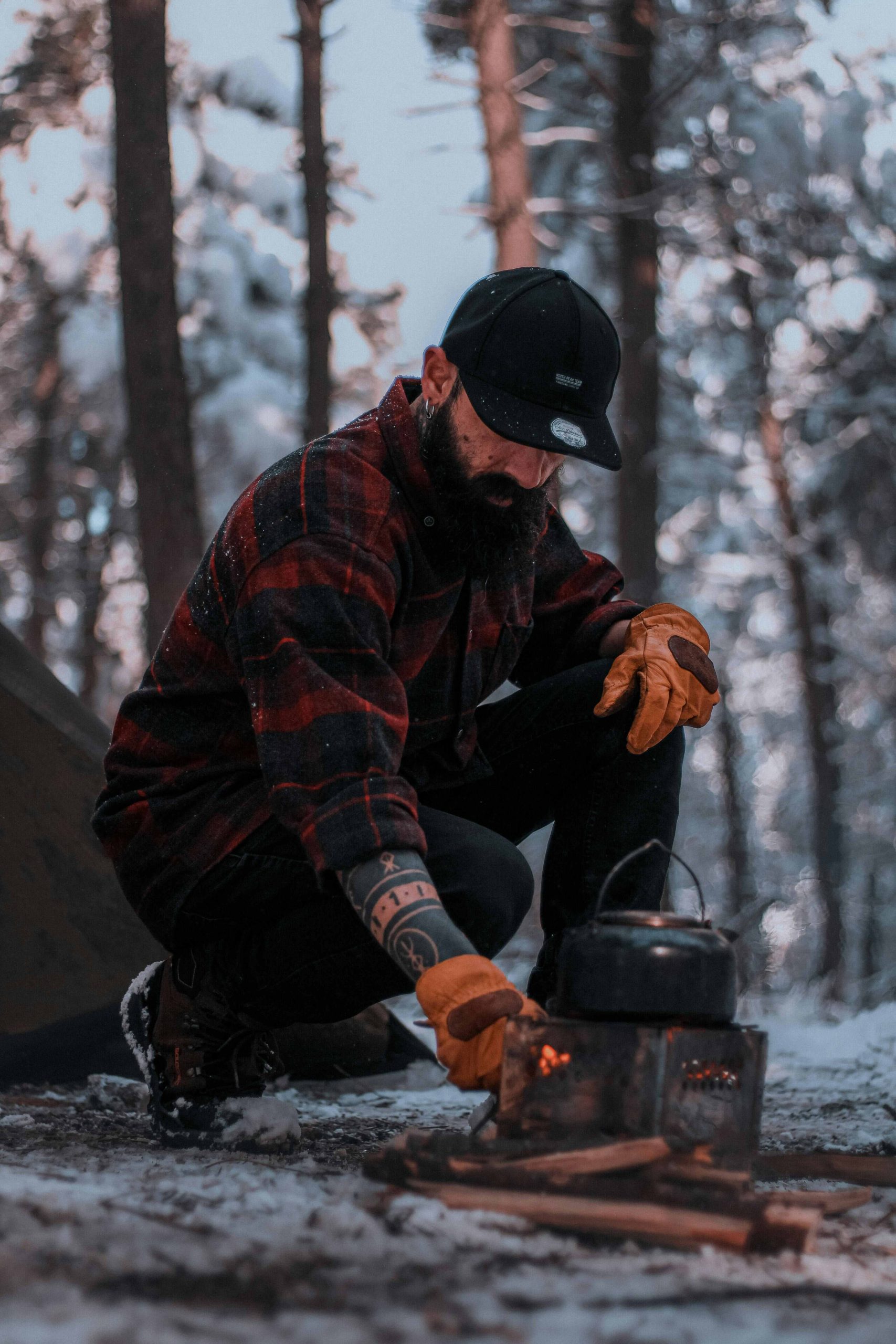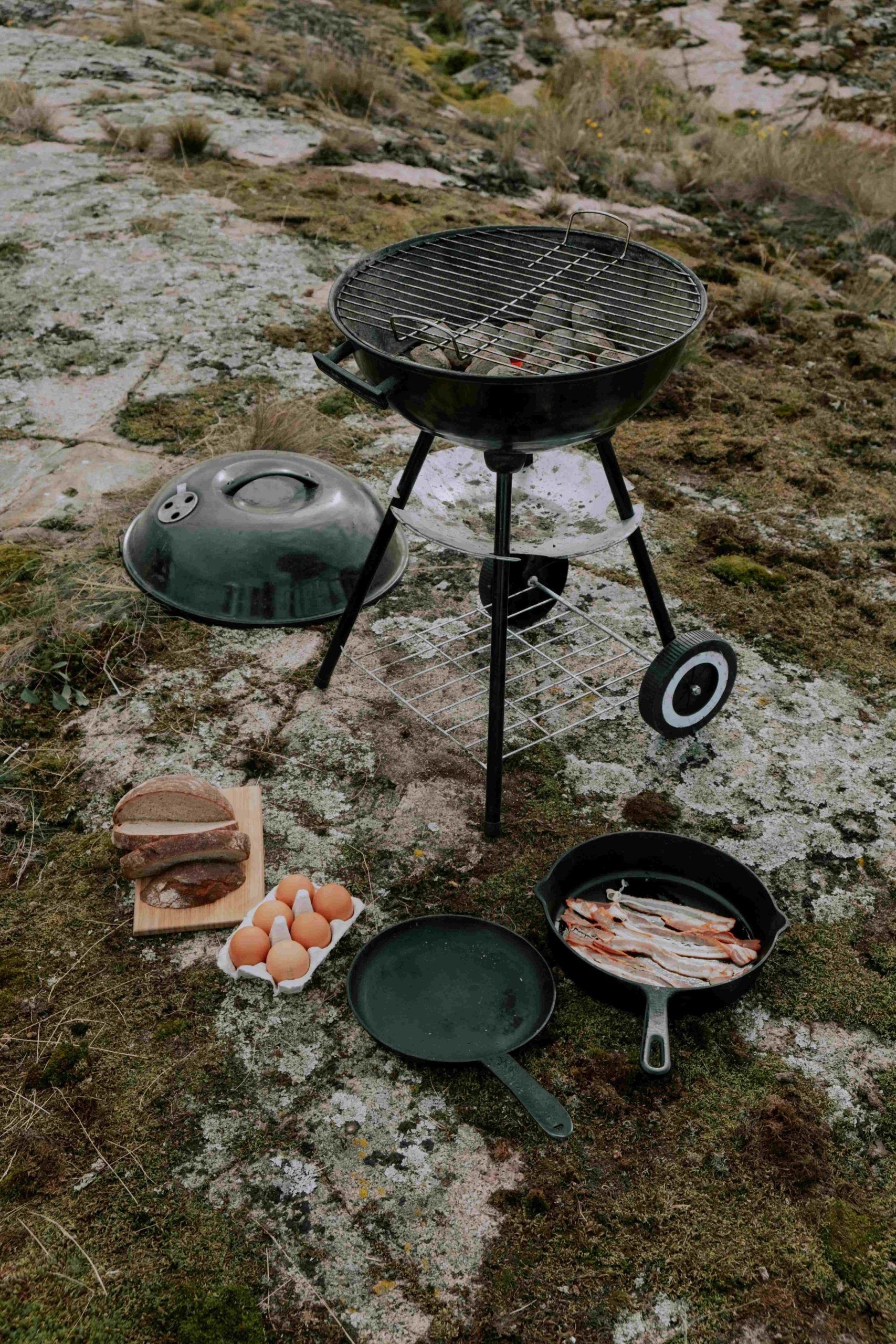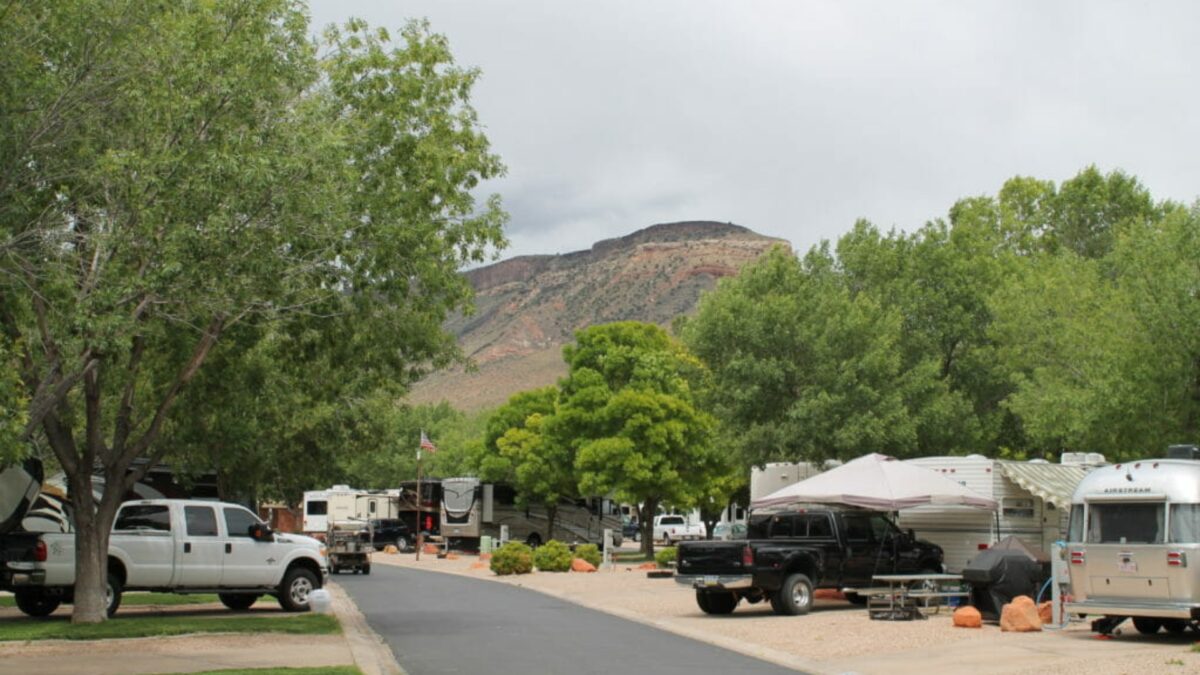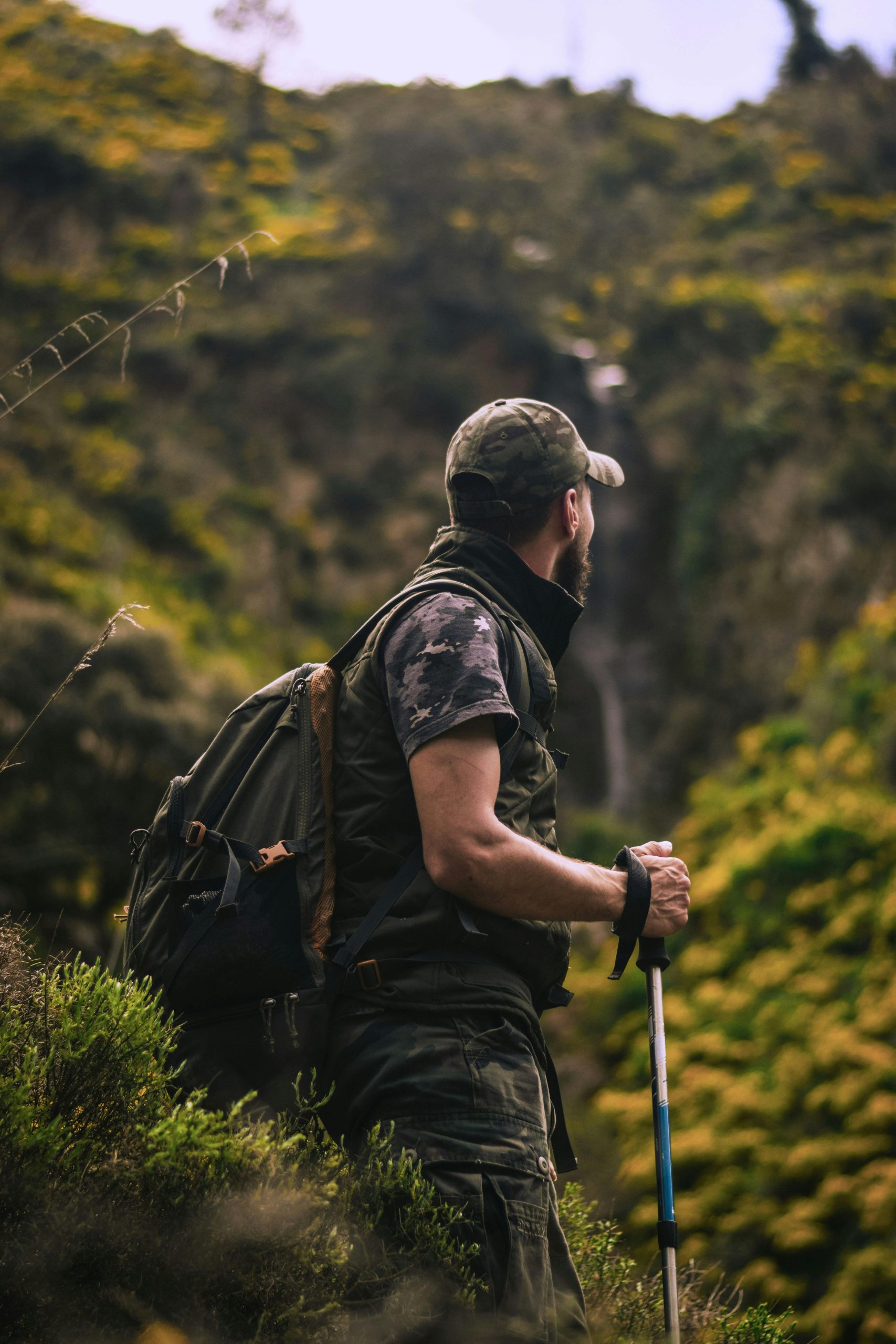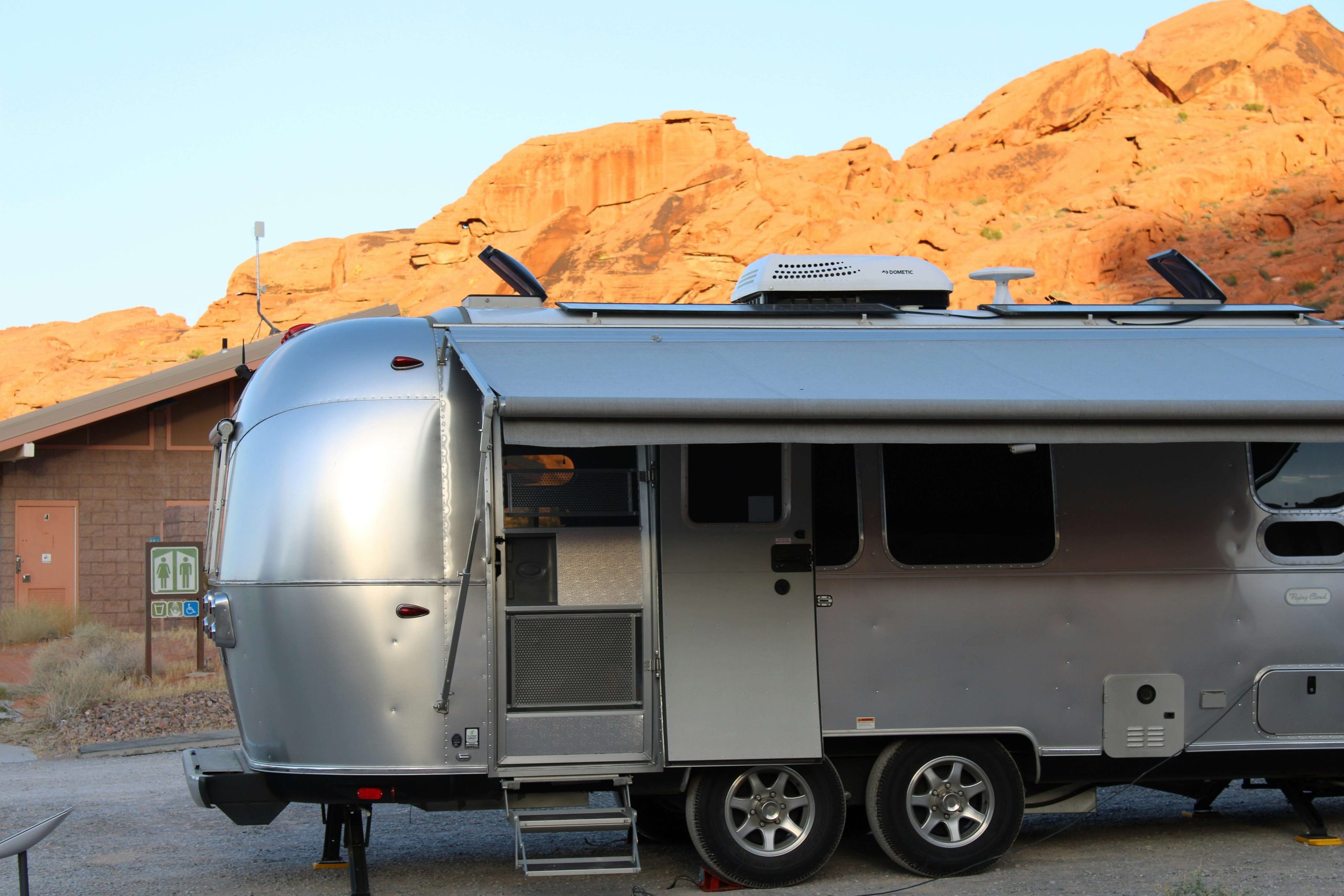Winter camping can be an unforgettable experience, especially at Ferber Resorts, nestled near Zion National Park. The peaceful beauty of snow-covered landscapes, crisp air, and clear skies makes for a magical adventure. However, camping during the winter also comes with its own set of challenges, mainly the cold temperatures. But with the right tips, gear, and planning, you can stay warm, cozy, and safe while winter camping at Ferber Resorts.
1. Layering: The Key to Staying Warm
One of the most important aspects of staying warm during cold temps is managing your layers appropriately. Layering your clothing allows you to adjust your body heat based on your activity level and the outside temperature. Proper layering starts with a base layer, which should wick moisture away from your skin. Wet clothing can cause you to lose body heat, making you cold quickly.
For the middle layer, choose materials like fleece or down, which provide excellent insulation and help retain heat. Lastly, an outer layer should be windproof and waterproof, protecting you from cold winds, snow, and rain. This system of layers will ensure that you stay warm, even in the coldest temperature.
2. Choosing the Right Clothing for Winter Camping
When winter camping, the right clothing is essential to staying warm. Wool or synthetic fabrics are better than cotton, which retains moisture and loses insulating properties when wet. Be sure to carry a warm hat, gloves, and a scarf or balaclava to prevent heat from escaping through your head and neck.
Having insulated pants and a sturdy jacket designed for winter conditions will make all the difference. A heavy coat or jacket may seem cumbersome, but it provides much-needed warmth during cold nights or when you’re sitting by the campfire. Hiking in narrow trails or steep slopes near Zion National Park requires movement, so opt for clothing that offers flexibility while also keeping you warm.
3. Using the Right Tent for Cold Weather Camping
Your tent plays a crucial role in staying warm while winter camping. Opt for a sturdy tent that’s designed for winter conditions. Four-season tents are built to withstand heavy snowfall and freezing temps, with thicker walls and more insulation compared to summertime tents.
Choose a tent with extra space for gear storage. Having space for more gear means you can store items inside your tent to prevent them from freezing. Make sure your tent is properly anchored, especially in windy conditions, and that the rainfly is secured to avoid moisture from snow or rain entering.
4. Setting Up Camp on Snowy Surfaces
Setting up your camp on snow or cold ground requires some planning. First, choose a flat spot, avoiding steep slopes or areas prone to avalanche risk. Use snowshoes or a sled to carry extra gear, which will reduce the weight on your back and make the hike easier. Be cautious of the trail conditions, especially after heavy snowfall, as some trails may be difficult to follow.
When setting up your tent, pack down the snow to create a solid surface. This not only makes it easier to pitch your tent, but it also prevents sinking into the snow. Adding two full-length pads underneath your sleeping bag provides insulation against the cold ground. Foam pads with a high R value are particularly useful in preventing heat loss, ensuring comfort throughout the night.
5. Staying Warm While Sleeping
To ensure you stay warm during freezing nights, you’ll need the right sleeping system. First, invest in a warm sleeping bag rated for cold temperatures. Sleeping bags designed for winter camping are thicker and provide better insulation, allowing you to retain body heat even in the coldest temperatures.
Use two sleeping pads underneath your sleeping bag for extra insulation. This creates a barrier between your body and the freezing ground. Consider using a foam pad and an inflatable pad with a high R value to maximize heat retention. Sleeping with a hat on can help reduce heat loss, and wearing wool socks will keep your feet warm during cold nights.
6. Campfire and Cooking Tips for Winter Camping
Building a fire is not only a great way to stay warm but also to cook food and boil water. However, building a fire in snowy or wet conditions can be tricky. Start by clearing a space for your fire and gathering dry wood. Use a fire starter or kindling that ignites easily to avoid a weak flame that won’t generate enough heat.
Bring a stove suitable for winter conditions. A gas stove with a high heat output works best in cold temps, allowing you to cook food and heat water more quickly. Remember to store your stove and fuel inside your tent or in a secure area to prevent freezing. Cooking hot meals and drinking warm liquids will help maintain body heat and keep you energized.
7. Food Storage and Hygiene in Freezing Temps
When winter camping, food storage and hygiene become more challenging due to freezing temperatures. Store your food in sealed containers and use insulated bags to prevent it from freezing. Be mindful of the wildlife and use proper food storage techniques to keep animals away from your camp.
For hygiene, consider how you’ll manage human waste in freezing conditions. Always pack toilet paper, and if you’re on a backcountry trip, you may need to carry out human waste in designated bags. Ferber Resorts provides facilities, but for more remote camping areas, being prepared for backcountry hygiene is essential.
8. Warmth While Hiking in Winter Conditions
If you’re hiking during your winter camping trip, staying warm is critical, especially when the sun starts to set. Start your hike with a steady pace to generate body heat. However, don’t overexert yourself, as sweating can make you wet, leading to losing body heat faster once you stop.
Try managing layers appropriately during the hike, removing the middle layer if you’re too warm, and putting it back on when you stop. It’s important to stay dry and keep your base layer free of moisture to avoid losing warmth.
9. Extra Gear to Consider for Winter Camping
Bringing extra gear when you winter camp at Ferber Resorts is essential for staying warm and comfortable. Consider packing a larger pack to accommodate additional layers, food, and sleeping gear. A sled helps with carrying more gear, especially when dealing with steep terrain or snowy surfaces.
You may also want to pack items like a portable heater, hand warmers, and insulated water bottles to make your stay more comfortable. These small items can make a big difference in cool and freezing temperatures.
10. Enjoy the Cold While Staying Warm
Winter camping at Ferber Resorts can be a beautiful and memorable experience. With stunning views, snowy landscapes, and the quiet of Zion National Park in the off-season, it’s an adventure worth trying. The key to enjoying your winter camping trip is to stay warm, prepared, and informed. From layering properly to choosing the right gear and understanding the winter conditions, you’ll be able to enjoy the cold without sacrificing comfort.
So pack your bags, bring the right equipment, and embrace the beauty of winter camping. Ferber Resorts is the perfect destination for your next cold-weather adventure, where you can experience the magic of winter camping in one of the most breathtaking locations in the world.
With these tips, you’ll stay cozy, warm, and ready to take on whatever cold temperatures nature throws your way.

